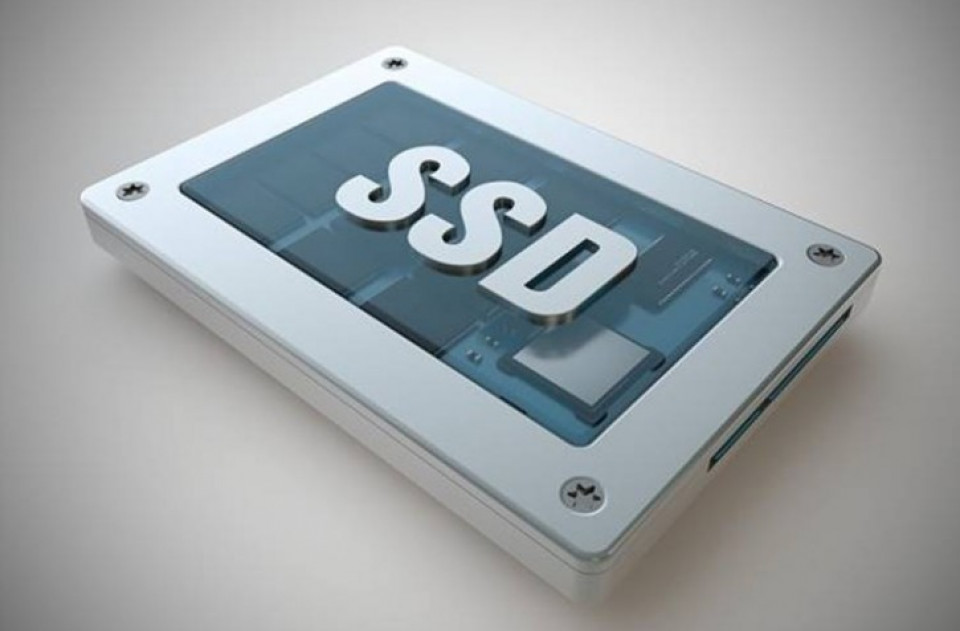
If your dedicated server is not of a new model, you are most likely to work on a usual HDD storage system. This hard drive is a basic component of storage system that is made of a spinning metal disk and magnetic coating. The data is stored directly on the coating even when the machine is switched off. For a long time, HDD storage was the only option available for server and PC users. However, recently a new technology was introduced. Let’s find out what SSD storage is and why your company can win by migrating to it.
What is SSD Storage?
Basically, SSD storage has the same functions as usual HDD storage. It serves to store data and applications. The difference lies in the way storage is organized and some special characteristics of each option. Instead of using a metal platter with magnetic coating, SSD storage has tiny flash memory chips. All of them are interconnected, and they store data even is power is off. During the installation of SSD storage on PC, a user can select one of three options. User can insert these memory chips in his computer, use a PCI/PCIe card, or purchase a special box that is connected to the laptop. As for dedicated servers, everything is easier – SSD storage is either present by default, or not. SSD works much faster, therefore, is more expensive.
SSD Storage vs. HDD Storage
Not sure whether traditional HDD storage should be replaced by SSD? To make a decision, you should be aware of pros and cons of each solution.
Benefits of SSD
1. Better speed is the strong side of SSD storage. From the speed standpoint, SSD always excels HDD. SSD dedicated servers work faster and require less boot time. Besides, SSD-equipped servers launch and run applications faster and ensure exciting user experience.
2. Limited fragmentation. It usually takes place when HDD is filled up. The more information a hard disk contains, the harder it becomes for the system to read the files, which causes fragmentation and damage to services. Although new technologies have appeared to address this problem, many HDD users still complain about fragmentation. SSD storage works with separate small memory drives, which is why data does not need to be stores in a continuous loop. Consequently, it can be accesses without fragmentation. SSD outperforms HDD from the point of fragmentation risks.
3. Since SSD storage does not have moving parts, it is more durable than conventional hard drives. If you opt for long-term web-hosting, select SSD.
Downsides of SSD
1. Due to the fact that this is a new and innovative technology, SSD is usually more expensive than any of HDD options (about twice as expensive as HDD). HDD is a well-established and widely spread solution, so the price difference between the two won’t change considerably over the next few years.
2. Traditional HDD has been used for years, it is easy to find and order, easy to install and customize. Choosing an SSD solution, you can have some issues that will be hard to resolve.
What is better for my business?
All in all, SSD storage is a great option for web hosting, but it is less available and costs more. If your business suffers from slow loading and repeated fragmentation which causes lags in service performance, probably, SSD would be suitable for you. However, if your budget is too tight, stick to HDD till better days.



comments